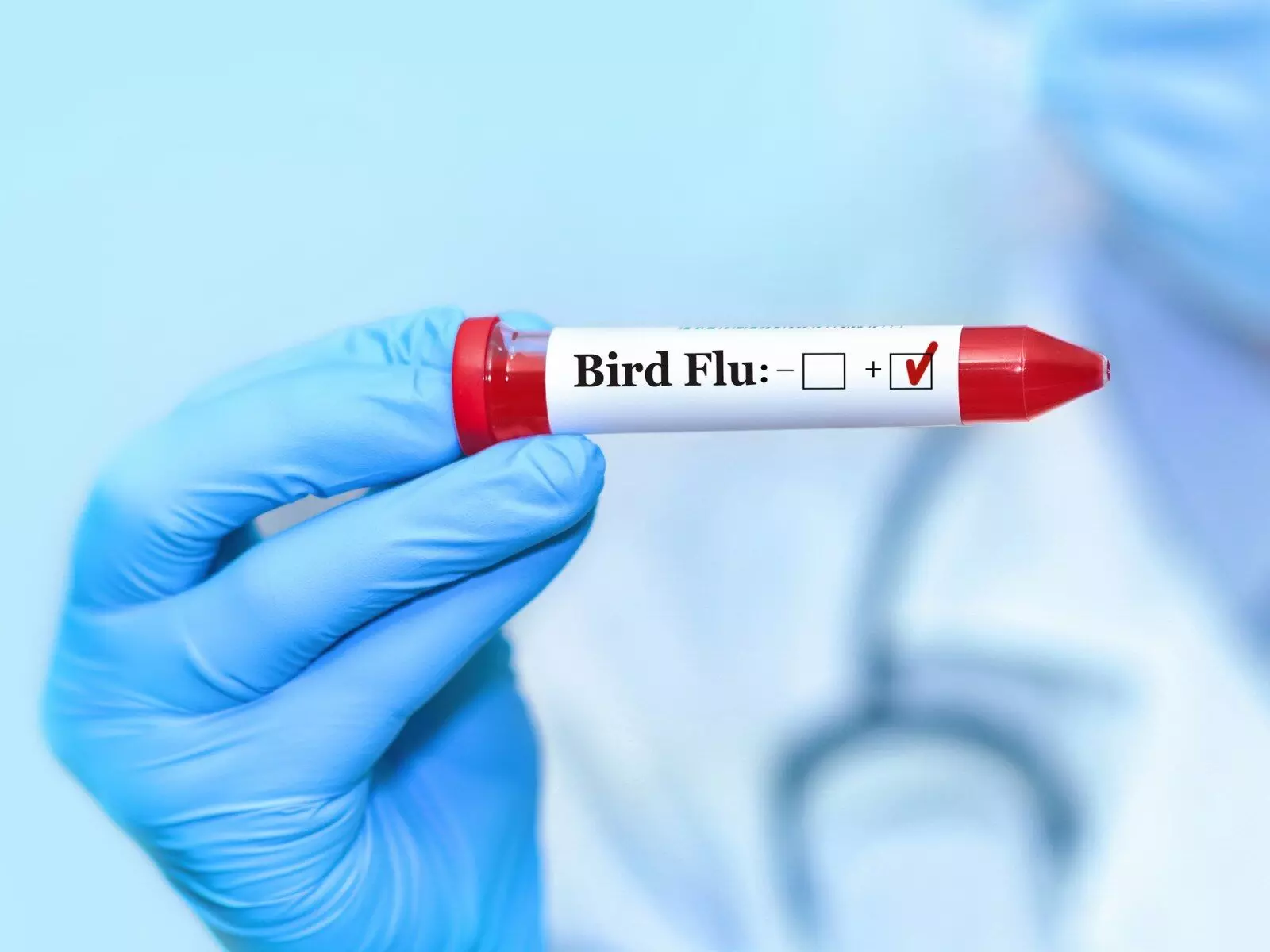Migratory birds and crows among suspected in spread of bird flu to Kerala farms
The team was appointed in view of rising cases of bird flu in the state.
By Newsmeter Network
Representational Image.
Thiruvananthapuram: Migratory birds and crows from the forests in Kerala are suspected to be the carriers of the avian influenza virus, causing its spread to domestic duck and poultry farms in the state, according to a study by a government-appointed panel of experts.
The panel submitted its report to state Animal Husbandry Minister J Chinchurani on Monday.
The team was appointed in view of rising cases of bird flu in the state, particularly in Alappuzha, Pathanamthitta and Kottayam districts, causing heavy losses to duck and poultry farmers.
The minister said that the government will carefully review the report's recommendations and take appropriate action. The expert team included specialists from the Animal Husbandry Department and scientists from the Veterinary University.
"The team found that the disease may have spread through the movement of birds from one place to another. These birds were likely infected by migratory birds and also spread the disease through their sale," a government release, quoting the study, said.
The remains of birds that died of bird flu, as well as their feed and droppings, were not scientifically disposed of, leading to the spread of the disease to other birds, it said.
The study noted that the uncontrolled movement of birds from one farm to another has contributed to the spread of the disease. Additionally, the movement of supervisors from integrated farms in Cherthala and Thanneermukkom in Alappuzha district to other farms has also played a role in the spread of the disease.
The report suggests that the disease may have spread through infected crows and that there is a possibility of the disease spreading from birds in the forests that have the virus to domestic ducks and other chicken farms.
It clarifies that there is no evidence of the disease being brought in from outside the state.
The panel has recommended that a detailed study be conducted on the broiler chickens and ducks brought in from other states for breeding purposes. It also suggests that a detailed genetic study of the virus is necessary.
The panel has recommended that the 2021 National Action Plan for the prevention and control of bird flu be strictly implemented.
The sale and movement of birds (both within and outside) in all districts affected by bird flu should be banned until March 2025, it said.
"Government farms and hatcheries in the surveillance area should also be closed until March 2025. The remains of dead birds should be disposed of in a proper and scientific manner. Samples should be collected and tested every month in the Kuttanad region until March 2025.
"Registration of private chicken and duck farms should be made mandatory at government veterinary hospitals. Local self-government institutions should also make licensing of private chicken and duck farms mandatory," according to the report.
It further said that screening for the presence of bird flu virus should be conducted on eggs and chicks coming from other states.
"Every four months, the government should conduct compulsory bio-security audits in private poultry farms. Only 3,000 to 5,000 ducks should be allowed to be raised in a duck farm. The number of ducks that can be raised in a panchayat area should be determined based on the land area of that region," the report said.
It stated that only approved slaughterhouses should be given licenses for chicken and duck meat processing.
"Disposal of waste from chicken and duck farms into rivers and canals should be banned," said the report, recommending short-term and long-term plans to prevent bird flu.